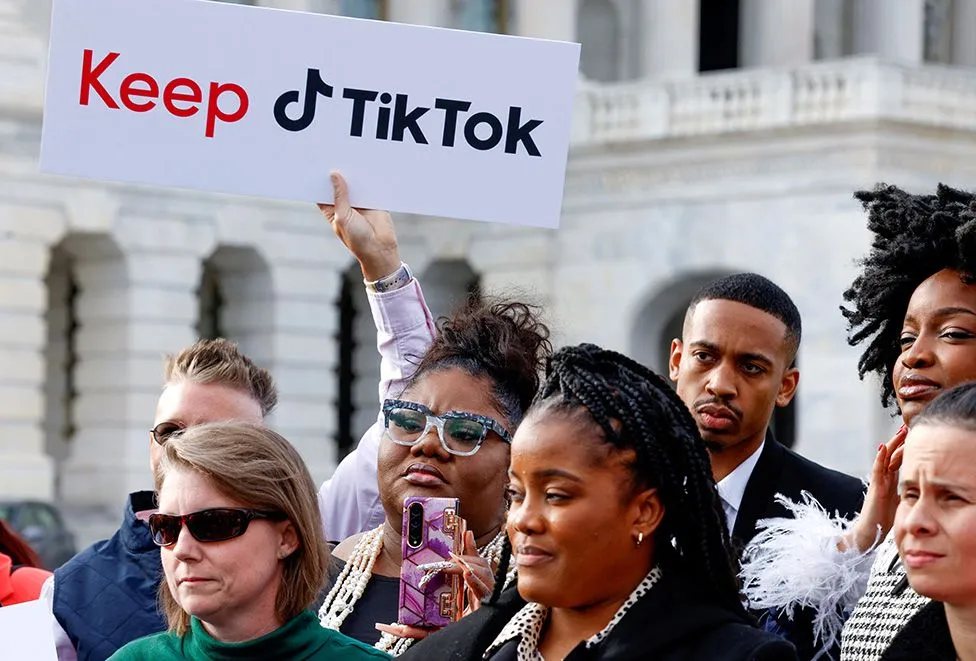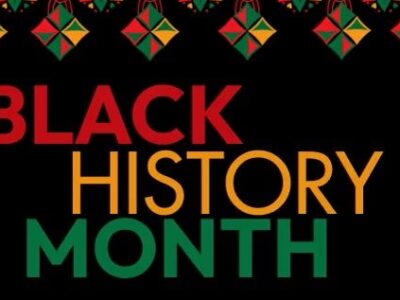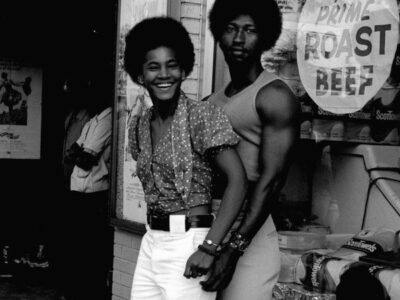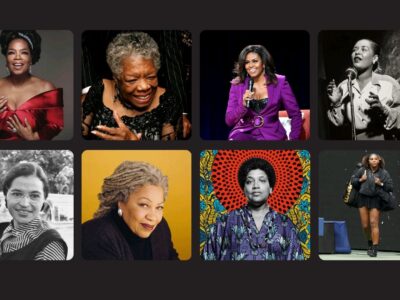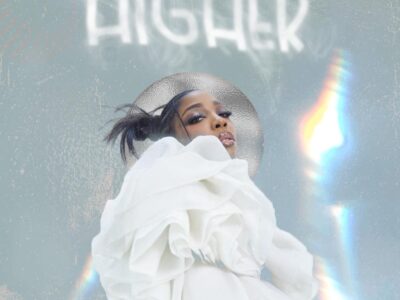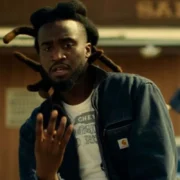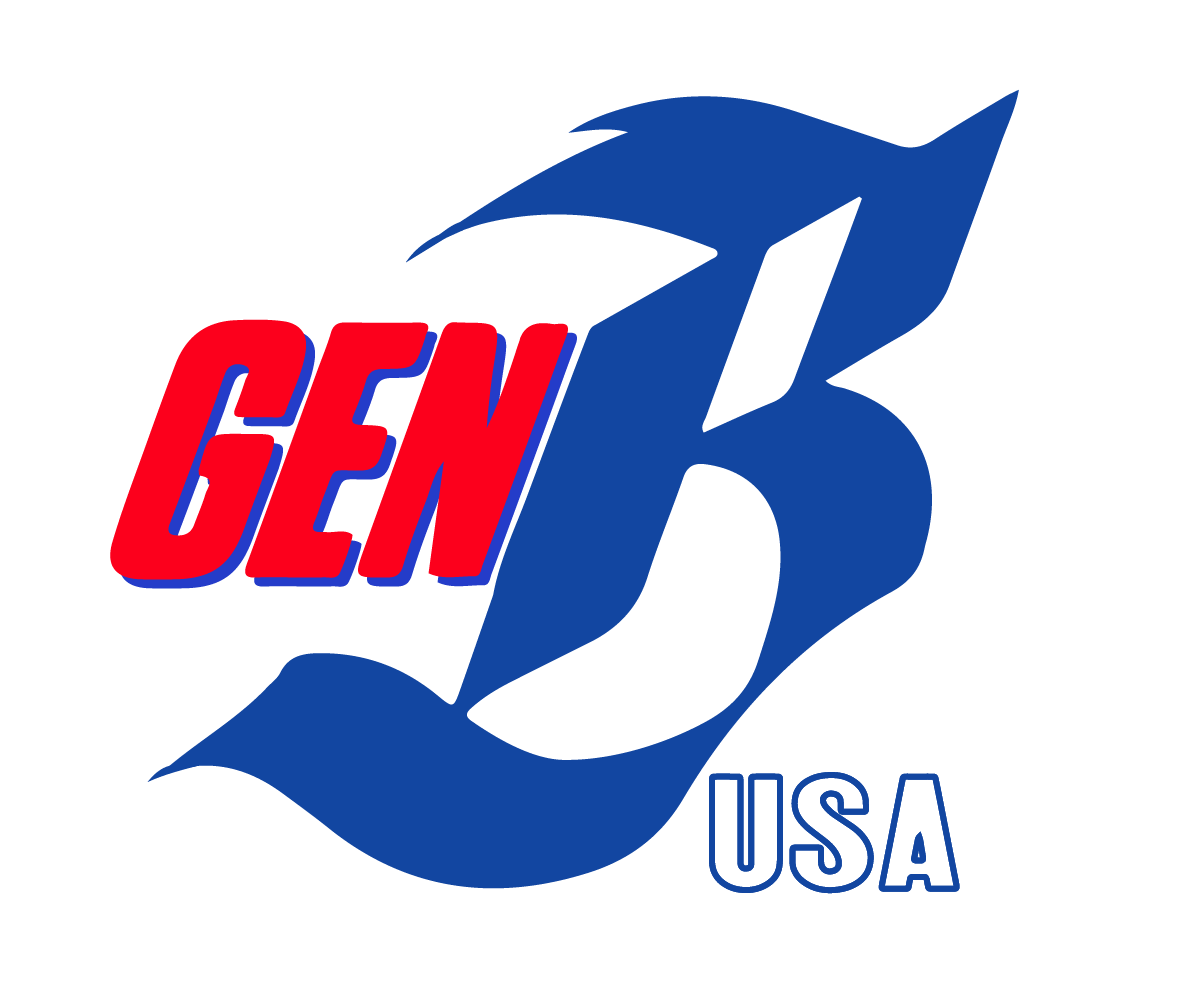More in:Africa & the Diaspora
Africa & the Diaspora
10 African-American Women Who Shaped History
Generation Black TV - Live To view this video please enable JavaScript, and consider upgrading ...
Africa & the Diaspora
LONDON-BASED RISING STAR NISSI RETURNS WITH POWERFUL NEW SINGLE ‘HIGHER’
Generation Black TV - Live To view this video please enable JavaScript, and consider upgrading ...
Africa & the Diaspora
Kizz Daniel: The Non-Stop Journey of a Nigerian Superstar
Generation Black TV - Live To view this video please enable JavaScript, and consider upgrading ...


